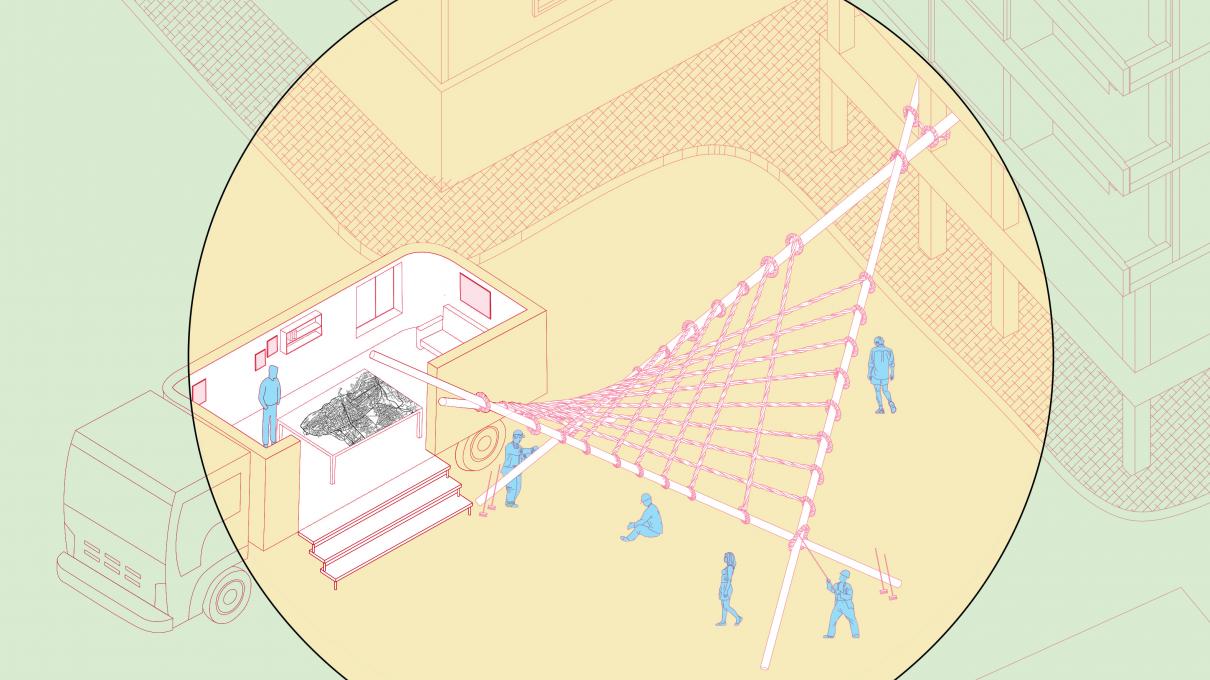ReAct Beirut: Recording and Activating Beirut’s Living Heritage
Image

Sarah Williams, Azra Aksamija, Carmelo Ignacoolo, Enrique Casillas, Gatlen Culp, Doris Duanmu, Kelly Fang, Huiwen Shi, Sophia Zheng, Ashley Louie, Rasha Zayour, Daniella Maamari, Sarine Agopian, Ramiz Alieh, Ahmad Beydoun, Racha Doughman, Reem Farhat, Kamila El Kechen, Raafat Majzoub, Fatima Kassem Moussa, Reem Obeid, and Rasha Zayour


